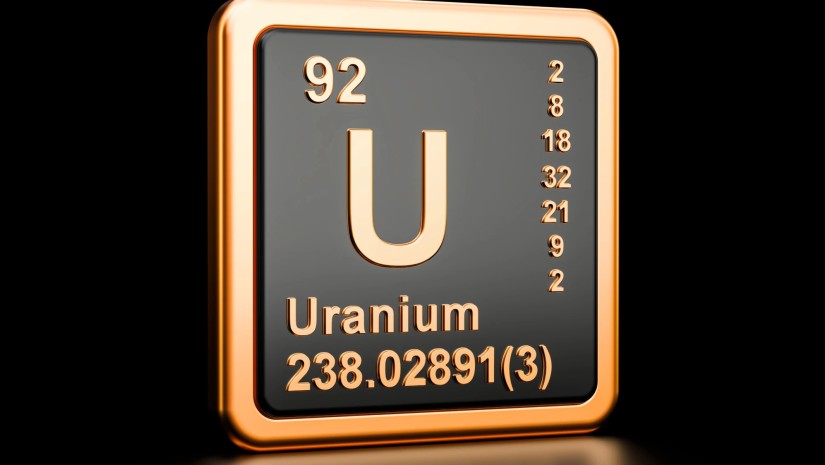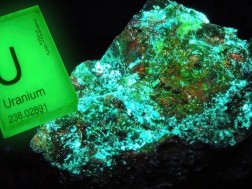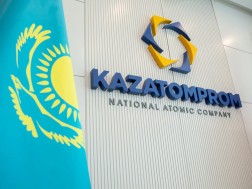Kazakhstan is prepared to ship more uranium to Europe if necessary thanks to worries over supply risks caused by a military coup in Niger, the head of the country’s top state-run nuclear company told POLITICO.
Although “for the moment we don’t see demand,” said Kazatomprom CEO Yerzhan Mukanov, his firm is “of course” ready to increase exports of nuclear fuel to the bloc.
Niger was the EU’s second-largest raw uranium exporter after Kazakhstan last year, accounting for up to a quarter of supplies. A July military coup sparked concern about access to its uranium, even though the junta has not banned uranium trade with the bloc.
France — Niger’s former colonizer and historical ally — also has nuclear-related business interests in the country including uranium mining.
Despite the turmoil in Niger, there is little immediate threat to EU supplies since power plants often hold two years of stocks in their inventories.
“In the long term, we're fine as long as we properly assess the situation" and plan for alternative suppliers, said Phuc-Vinh Nguyen, an expert with the Jacques Delors Energy Center think tank.
However, the coup could discourage EU countries from sanctioning Russia's nuclear sector, he said, something that Ukraine and some of the bloc's countries are pushing for.
Although the EU has hit Russian oil and oil products with sanctions, the nuclear sector has been spared. Hungary, Slovakia, Bulgaria, Finland and the Czech Republic still remain reliant on Russia's nuclear fuel despite recent efforts by some to diversify their supplies, and have historically been reluctant to sanction Moscow.
Some of these countries “could easily jump on the argument” that the Niger coup creates more uncertainty, he said, shelving further discussions of Russia nuclear sanctions.
Kazakhstan is the world’s top uranium miner with a 12 percent share of total reserves and accounting for more than 40 percent of uranium output globally.
Asking Kazakhstan to step up exports “could be a solution” if supplies from Niger shrivel, Nguyen said, which would require additional investment to boost its mining output.
But as the EU tries to diversify supplies, it may also prefer to look to “democratic countries with more similar values” for further supplies, including Canada and Australia, he said.
For now, Mukanov said he does “not expect the big impact of the Niger situation,” citing the West African country's relatively small production share — Niger last year accounted about 4 percent of global uranium production — and the largely muted market reaction following the military takeover.
“I'm sure that this situation will be successfully resolved in the quite close future,” he added, POLITICO reports.
















